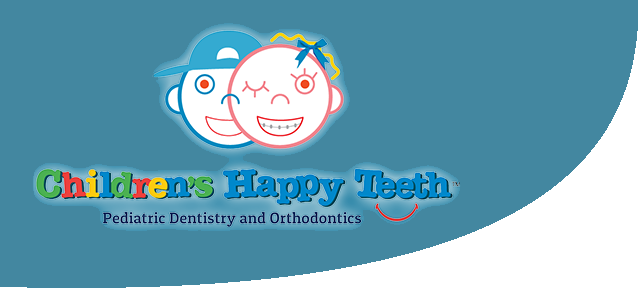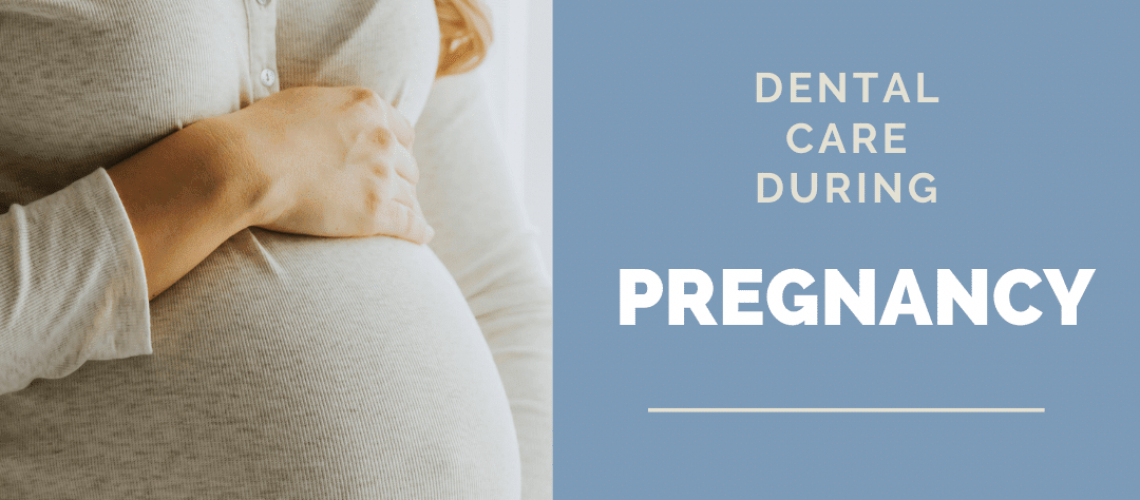Did you know that caring for your oral health while pregnant is crucial to the health of your unborn baby? Just as you need to avoid certain things while pregnant and take prenatal vitamins for the sake of your baby, you also need to carefully manage your oral health. This is because the hormones associated with pregnancy can cause certain dental health conditions that can be harmful to your child.
While pregnant, your body will produce more estrogen and progesterone. In fact, a woman will produce more estrogen during pregnancy than her entire non-pregnant life. Estrogen is an essential pregnancy hormone because it allows the placenta and uterus to form blood vessels, helps transport nutrients to the fetus, and provides fetal support. Progesterone levels also increase during pregnancy, since progesterone is associated with ligament laxity needed to allow the uterus to grow.
Although these hormonal changes are essential for pregnancy, they can cause a range of dental issues, including:

Pregnancy Gingivitis
About 40% of pregnant women will develop something known as pregnancy gingivitis. Gingivitis occurs when excess plaque accumulates on the surface of the teeth and along the gum line. Since bacteria reside in dental plaque, this causes the gums to become inflamed, red, and swollen. This inflammation can also cause the gums to bleed easily while brushing or flossing. If not treated, this condition can continue to progress into the advanced stage of gum disease known as periodontitis.
Pregnancy Tumors
Pregnancy tumors are small gum tumors that are also sometimes called pyogenic granuloma, granuloma of pregnancy, lobular capillary hemangioma, or pregnancy epulis. They are benign, red tumors that on the gums between the teeth and look like raspberries. Most pregnancy tumors start around the second trimester of pregnancy and will resolve after the baby has been born. Like pregnancy gingivitis, pregnancy tumors are caused by excess dental plaque.
Tooth Decay
An unfortunate side effect of increased estrogen levels is that they can cause morning sickness, which raises the acidity level in the mouth. Increased acid levels cause tooth enamel to erode and makes the teeth more susceptible to decay. Additionally, many pregnant women experience cravings for carbohydrates, which are known to feed the bacteria that cause tooth decay.
Unfortunately, these dental issues can affect more than just your oral health. Although research is still being done on the exact relationship between dental issues and pregnancy complications, the American Dental Association (ADA) has found that the aforementioned dental issues have been associated with premature delivery, intrauterine growth restriction, gestational diabetes, low birth weight, and preeclampsia.
Due to the pregnancy risks associated with poor oral health, dental care during pregnancy is highly important. To maintain your oral health, it is recommended to visit your dentist during your pregnancy for dental exams and teeth cleanings. Although it is generally recommended to visit your dentist every six months, your dentist may recommend more frequent dental visits during pregnancy, especially if you show signs of oral health problems caused by pregnancy hormones. At home, it is also important to keep up with your daily dental routine of brushing twice a day with fluoridated toothpaste and flossing daily.





